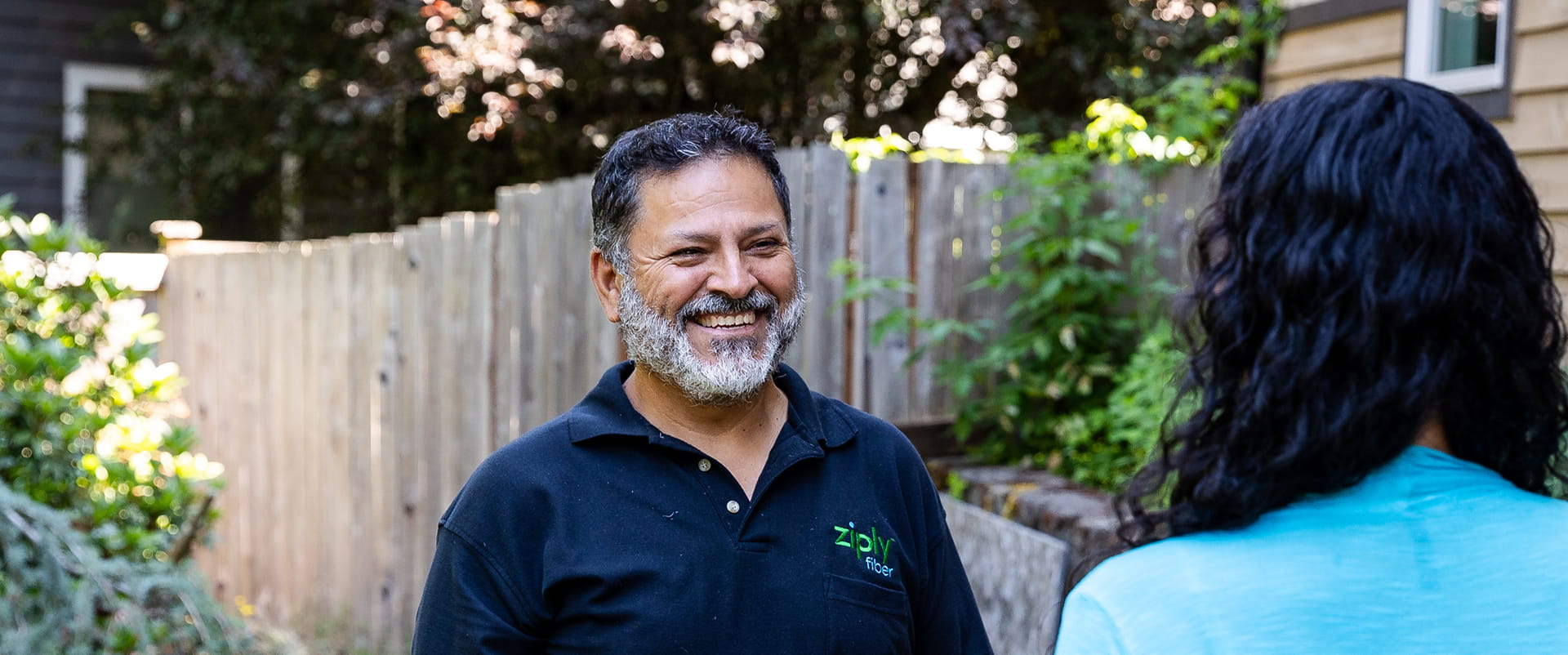Meet four Ziply Fiber employees who give back to their communities by coaching youth sports.
When Casey Lleras was a child, she made a conscious decision to make gymnastics her sport.
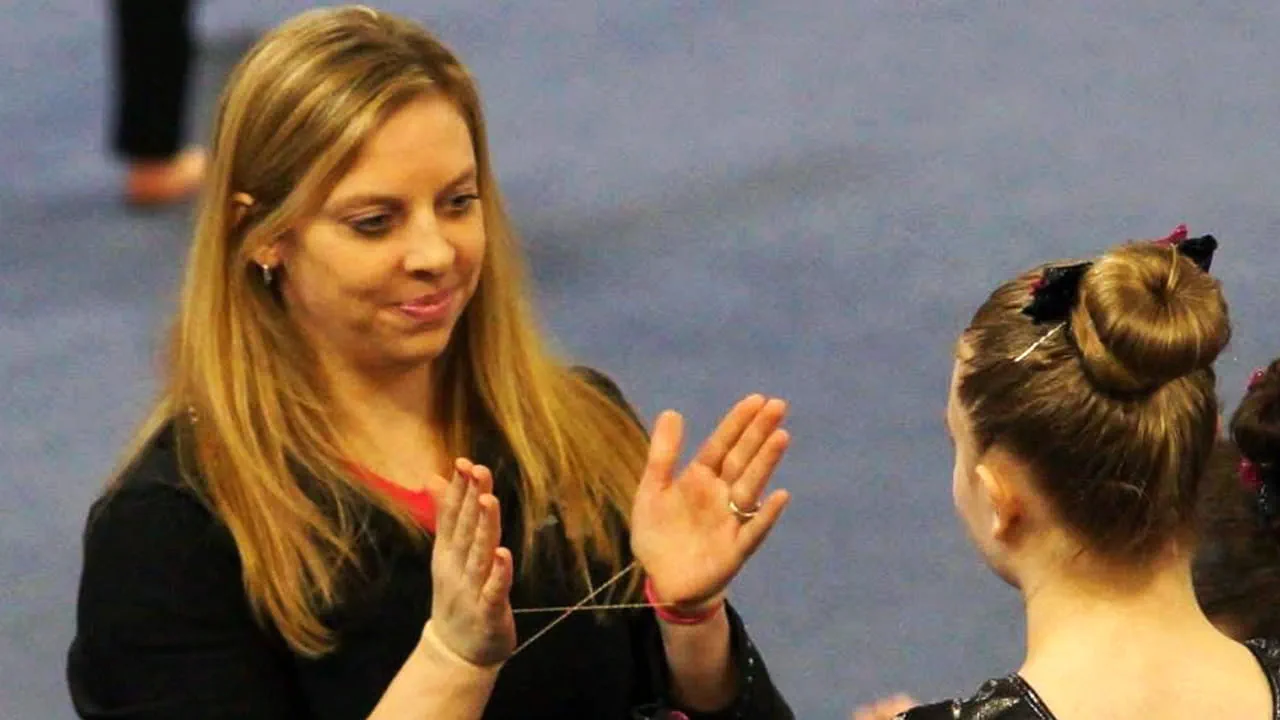
Casey, who is the Commercial Sales RFP Manager, went on to become a collegiate gymnast. She took a break from coaching while raising her kids, but as they reached adulthood, she felt “this giant loneliness” set in. She started wondering what she could do in her spare time. Then the phone rang. A week later, Casey was back to coaching gymnastics at a studio in Auburn, WA. She describes her heart as full as she “gives back the same joy” that once filled her when she was a young gymnast.
Coaching is much more than helping kids master movements. She recalls a girl who believed she could never do a back walkover. Until one day, with Casey’s help, she did it.
“This is so much more than your back walkover,” Casey told her. “You told me you would never get this skill, and you just did. You should change how you talk to yourself.”
Coaching as a way of giving back is how Neil McCurdy, a director on the Commercial team, thinks about his weekends at Mission Ridge Ski and Board Resort in Wenatchee, WA.
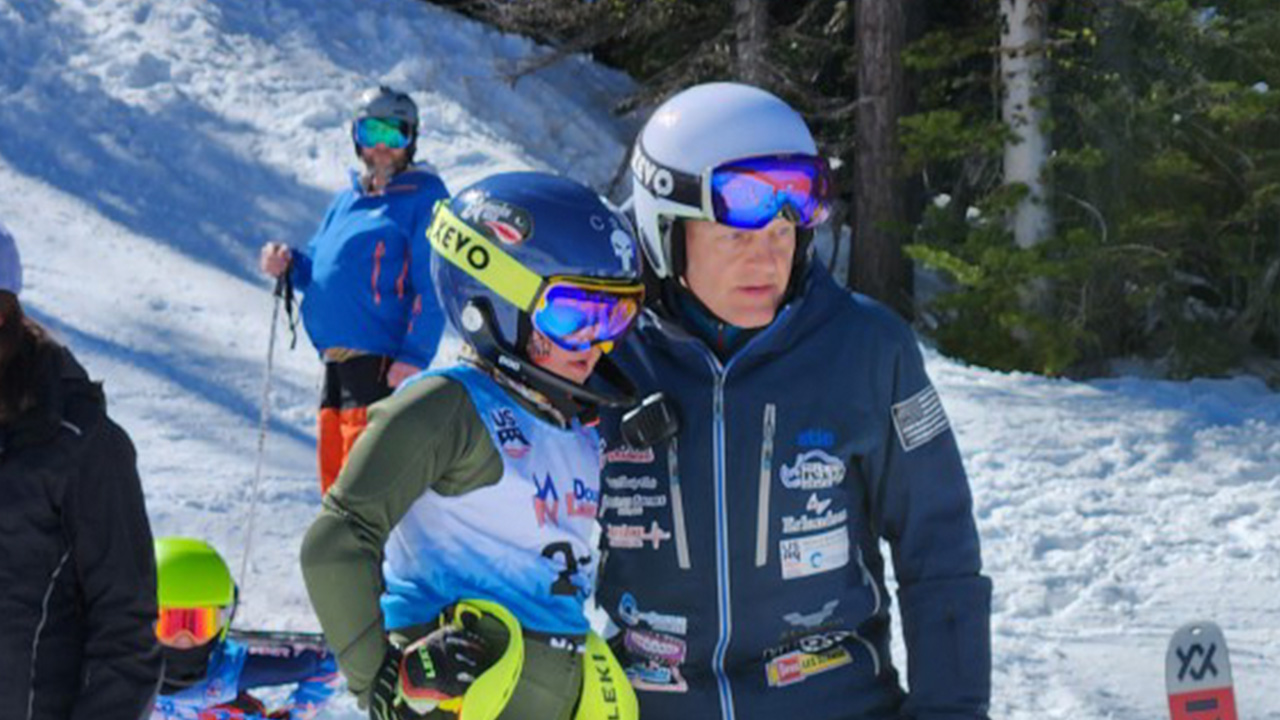
Neil grew up skiing with his parents and brothers, and like Casey, he went on to compete in college. He taught his sons to ski, and five years ago he started traveling from Seattle to Wenatchee to coach at Mission Ridge. He came to love it so much that he and his wife bought a cabin there and became part of the community.
Knowing how expensive skiing is, Neil provides some volunteer lessons and helps fundraiser for ski school scholarships. “I’m a big believer in ‘pay it forward,’” he says. “I give a lot of free time.”
Neil also sees his coaching as parallel to his work at Ziply Fiber. “I coach to bring everyone together as a team,” he says. “I’m responsible for helping the employees of Ziply Fiber reach their full potential.”
Residential Sales Manager Julia Nash agrees. The middle school and high school Ultimate Frisbee coach views her work as an opportunity to help girls grow into their best selves. “Teamwork, communication, trying to align to a common goal,” is her coaching philosophy. “When someone isn’t aligned, you need to get them to row in the same direction.”
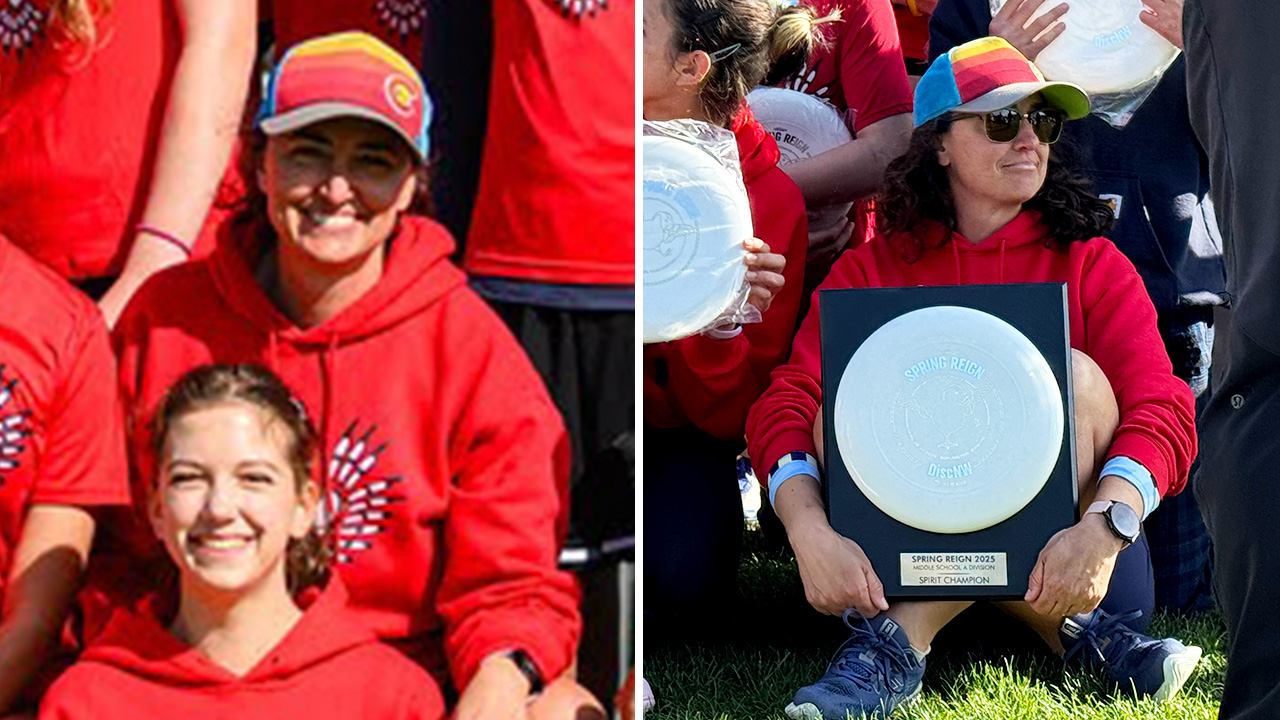
That’s what she did when her daughter, a player on the middle school team, and another girl had an ongoing conflict. Julia got the team together for some real talk.
“People are going to tear you down all over the place, but not on this team. You are all really strong being out here making yourselves vulnerable, and somebody else is making you feel worse about it,” she told them.
That conversation helped them support each other and even become better players. “The girl who was the weakest player became one of the strongest,” Julia says. “She is one of those kids who kept me in the program and made me proud to be a coach.”
Even though Julia didn’t start playing until she was 18, Ultimate Frisbee has become central to her life and has helped her find community over the years. It’s how she met her husband and even how she found her job at Ziply Fiber. On top of coaching, Julia plays on a team called the Floppy Disks.
For a long time and in many places, “Frisbee wasn’t a sport,” Julia says. “A good friend of ours didn’t start playing until he was 50. In Seattle it starts in 3rd grade. By 6th grade a lot of them have better technique than I do. Being able to teach them strategy starting in 7th and 8th grade is pretty incredible.”
Like Julia, Marketing Manager Craig Peterson spends countless hours invested in after-school sports. As a football coach for Lake Washington High School, he’s seen one kid make it to the pros—but the rewarding part is seeing normal kids work hard and overcome challenges.
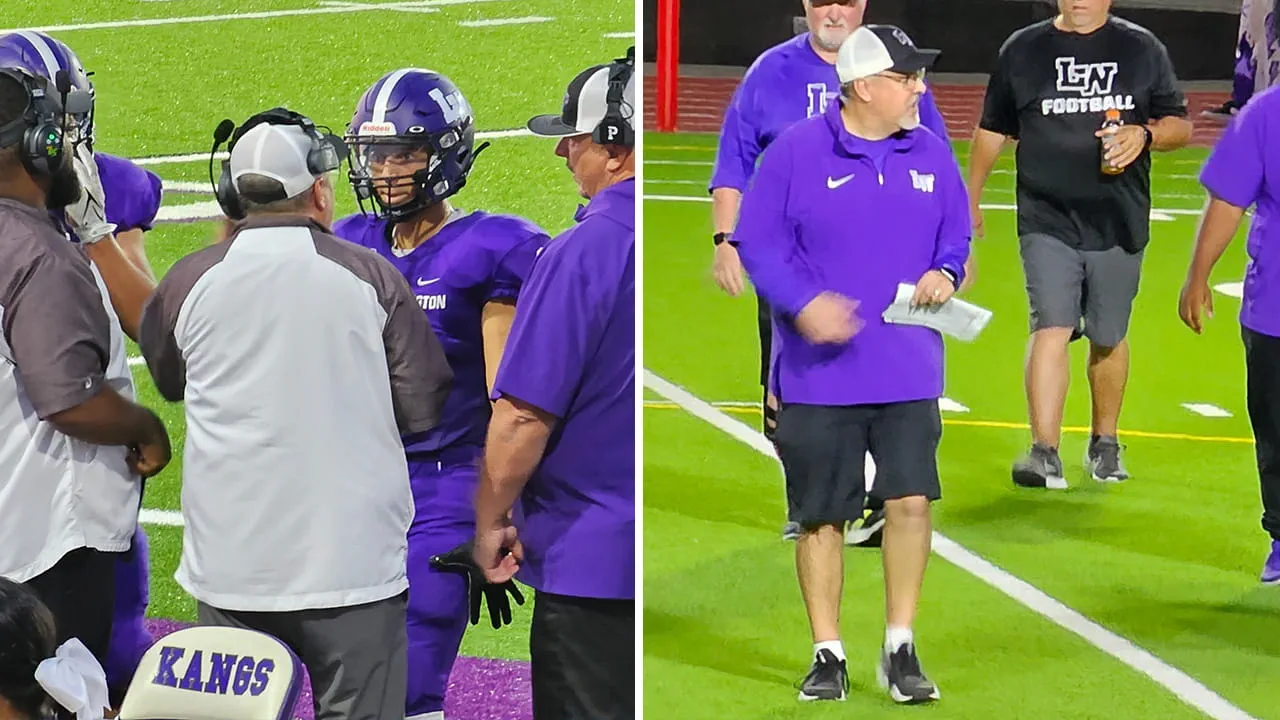
“It’s easy to coach players who are good athletically. It’s really challenging to find someone who has potential but isn’t there yet,” he says. “It’s cool that I’ve coached a student who’s played in the NFL, but I love seeing kids grow that confidence, because that’s what’s going to make them successful as adults.”
High school football has come a long way from when he played his freshman year, Craig says. “The big talk in football now is culture. What’s the culture of your program? Football has never been more well taught and more safe.”
Craig started coaching “by accident,” when his son started flag football at age 8. Twenty years later, his son now joins him as an assistant coach at Lake Washington.
“I’ve now connected with people all over the place,” Craig says. “It’s nice to have those relationships with other men in the coaching community. It’s kind of a cool fraternity to be in.”
It takes a particular type of person to coach. It takes hundreds of hours of work a year, investing in strangers who grow into an extended family. For Casey, Neil, Julia and Craig, coaching is an honor and rich with rewards.
“If I can do for someone what gymnastics did for me, I can just keep that positivity going,” Casey says. “We’re here on the planet for a bigger purpose, and I think coaching is my avenue for that.”



